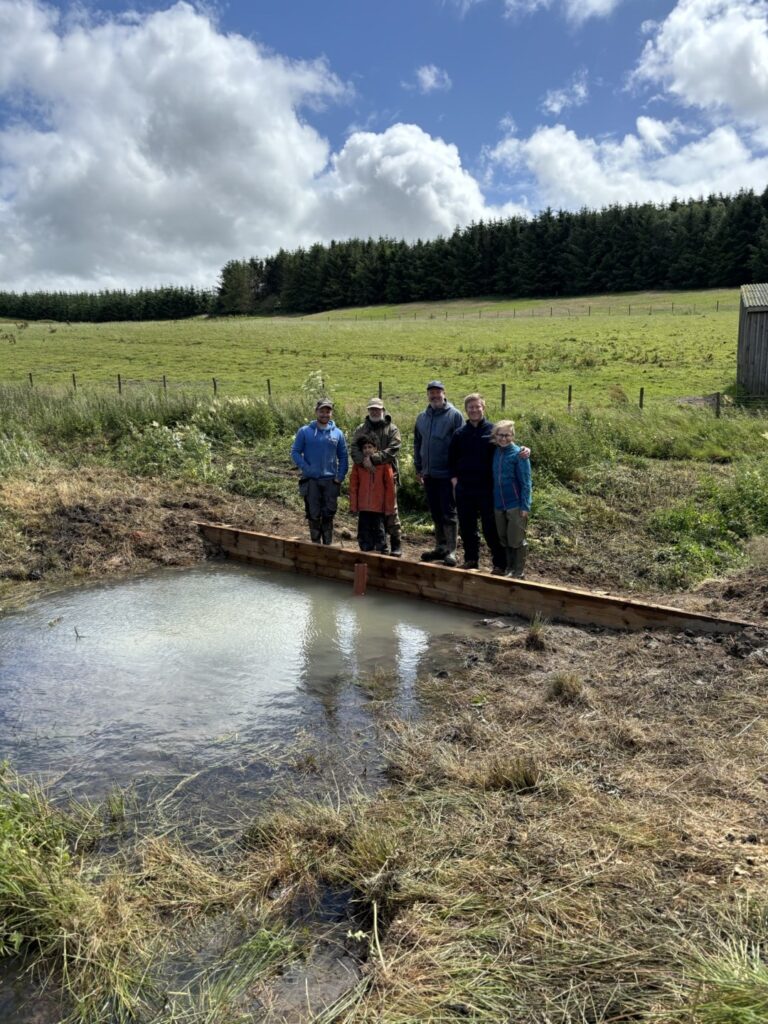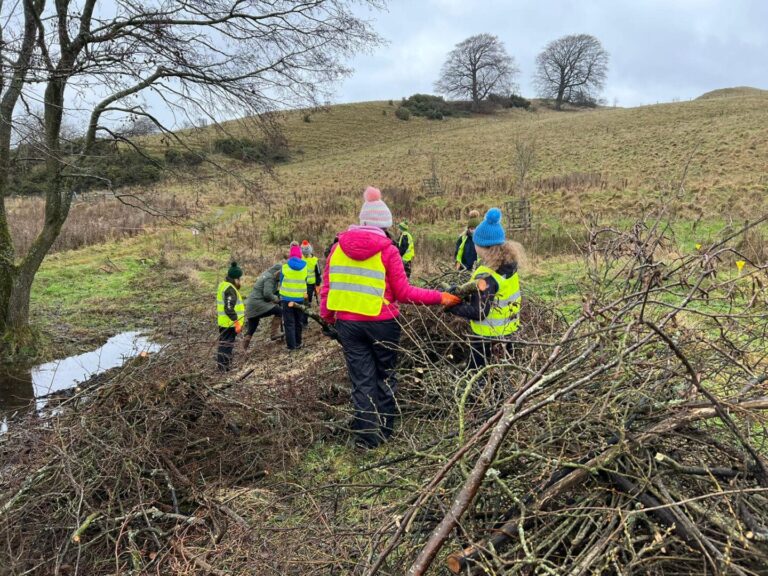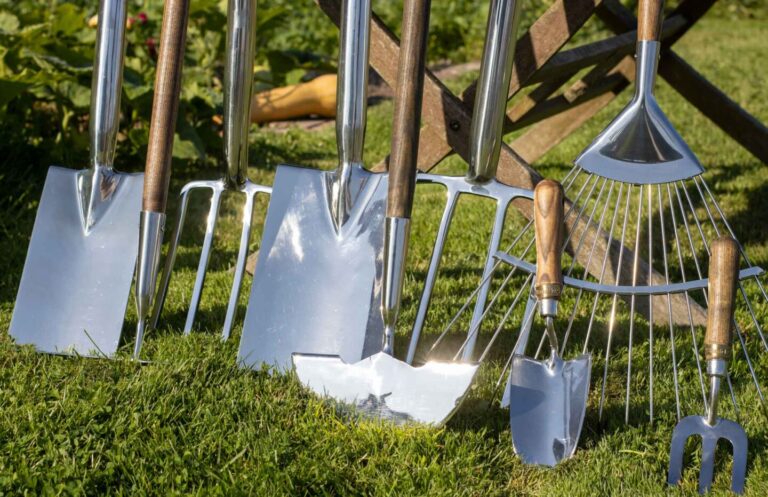Bright Green Nature Initiates Second phase of Restoration of Wetland Ecosystems on the Deer Park and Haining sites, Selkirk
Scottish Borders, July 18, 2024 – Bright Green Nature is pleased to announce the commencement of the second and final phase of their wetland restoration project. This ambitious initiative focuses on creating a healthy and resilient habitat for native species such as the great crested newt, a species of high conservation concern.
The restoration project, funded through the Scottish Government’s Nature Restoration Fund, managed by NatureScot, will span over 7 acres of wetland over two sites, the charity’s Deer Park, a 60 acre calcareous grassland and the Haining estate. The primary objective of the project, which will run until 5th July, is to restore the natural hydrology of the area, which has been severely disrupted by past land use changes and historical sedimentation. This will involve digging out the historical ponds, re-wetting the marshlands and removing invasive species that threaten the local biodiversity.
“Restoring this wetland is not only crucial for the great crested newt but also for the myriad of other species that depend on this habitat,” said Tony Seymour, Project Clerk of Works and Owner of The Farm Environment. “Wetlands are incredibly diverse ecosystems that provide essential services such as water filtration, flood control, and carbon sequestration. This project underscores our commitment to preserving and enhancing natural habitats.”
Key components of the restoration project include:
- Hydrological Restoration: Recreating natural water flow patterns in a ‘pondscape’ to ensure a consistent and suitable habitat for native amphibians
- Vegetation Management: Protecting native flora and eradicating invasive species to improve habitat quality and support a diverse range of wildlife.
- Community Engagement: Involving local communities through educational programmes, volunteer opportunities, and citizen science projects to foster a sense of stewardship and connection to the sites.
The great crested newt (Triturus cristatus) is a priority species under the UK Biodiversity Action Plan and is protected under UK and European law. The species has suffered significant declines due to habitat loss and degradation. By restoring the Selkirk wetland, Bright Green Nature aims to create a haven where these newts and other ecologically important species can breed, feed, and thrive.
“We are excited to see the positive impact this project will have, not only on vulnerable species such as great crested newt, but also other species within this ecosystem,” said Dr Karen Blackport, Chief Executive Officer at Bright Green Nature. “Our team has worked tirelessly to develop a comprehensive plan that addresses the ecological needs of the native species on site, engages local communities and schools, while also enhancing the overall health of the wetland.”
Bright Green Nature invites local residents and nature enthusiasts to join in the restoration efforts. Volunteer opportunities are available throughout the project, offering hands-on experiences in habitat restoration and wildlife conservation.
For more information about the Selkirk wetland restoration project and how to get involved, please visit Bright Green Nature’s website or contact:
Contact: Dr Karen Blackport
Chief Executive Officer
Bright Green Nature
Email: karen@brightgreennature.org
About Bright Green Nature: Bright Green Nature is a leading environmental organization dedicated to conserving biodiversity and restoring natural habitats. Through science-based approaches and community involvement, Bright Green Nature works to protect wildlife and promote sustainable ecosystems for future generations.
Bright Green Nature is grateful to the Scottish Government’s Nature Restoration Fund, managed by NatureScot, and to local business MKM Galashiels for donating materials and tools for use in this project.
This project also featured on the BBC Scotland news: Scientists lure endangered newts to ancient wetlands – BBC News on 1st July 2024 and Sky News on 2nd July 2024




